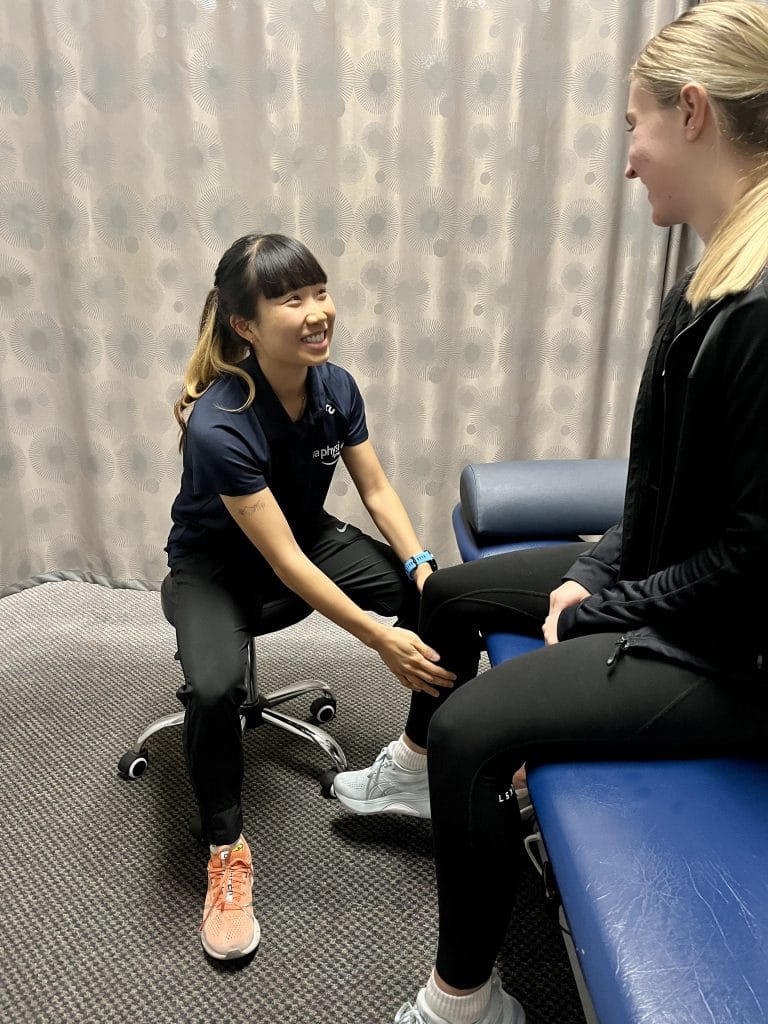Should You Rely on Anti-Inflammatory Medications for Pain Relief After Injury?
When an acute injury leaves you in pain, the natural response is to find relief quickly, often by reaching for anti-inflammatory medications like ibuprofen or aspirin. While these medications can reduce pain and swelling, recent research highlights potential risks, particularly with long-term use. It also underscores the vital role inflammation plays in healing. Thankfully, physiotherapy offers a drug-free, effective way to manage pain and aid recovery, without interfering with your body’s natural processes.
The Role of Inflammation in Healing
Inflammation often gets a bad rap, but it’s actually a crucial part of the body’s response to injury. When tissues are damaged, your immune system triggers an inflammatory response to protect the injured area and begin the repair process.
Key roles of inflammation include:
- Delivering Nutrients and Oxygen: Inflammation increases blood flow to the injured site, delivering essential nutrients and oxygen needed for tissue repair.
- Clearing Out Damaged Cells: White blood cells migrate to the area, removing debris and damaged cells, which clears the way for new tissue growth.
- Signalling the Repair Process: Inflammatory chemicals stimulate the production of new cells and blood vessels, ensuring the area heals efficiently.
However, while inflammation is beneficial in moderation, excessive or prolonged inflammation can cause pain, swelling, and stiffness. Striking the right balance is critical for recovery, and this is where physiotherapy can play an essential role.
What the Latest Research Tells Us
Emerging studies suggest that suppressing inflammation with anti-inflammatory medications may hinder the healing process. By reducing inflammation too much, these drugs can limit blood flow, delay cell regeneration, and slow down recovery.
Additionally, long-term use of these medications has been linked to side effects, such as:
- Stomach ulcers and gastrointestinal irritation
- Increased risk of cardiovascular conditions
- A dependency on medication for pain management
This has prompted many health professionals to recommend non-pharmaceutical approaches for managing pain and inflammation.
How Physiotherapy Supports Recovery
At Balcatta Physiotherapy, we use a range of evidence-based techniques to reduce pain, manage inflammation, and accelerate healing—without relying on medication.
- Manual Therapy: Techniques like massage and joint mobilisation help improve circulation, reduce tension, and promote relaxation, directly supporting the inflammatory process.
- Targeted Exercises: Strengthening and mobility exercises are carefully designed to rehabilitate the injured area, enhance flexibility, and reduce stiffness. These exercises encourage controlled movement, which helps inflammation resolve naturally.
- Education on Injury Management: We provide practical advice on protecting the injury while maintaining movement, helping to strike the right balance between rest and activity.
Why Physiotherapy is a Better Option Physiotherapy works in harmony with your body’s natural healing mechanisms. Instead of merely masking symptoms, we target the root cause of your pain and empower you with the tools and knowledge to recover fully. By avoiding medications, you eliminate the risks of side effects and focus on sustainable, long-term healing.
Take Control of Your Recovery
If you’ve experienced an acute injury, you don’t have to rely on medications for pain relief. At Balcatta Physiotherapy, our experienced team is here to guide you through a personalised recovery plan that supports your body’s natural healing process.
Book an appointment today to discuss how physiotherapy can help you recover faster, feel stronger, and return to doing what you love—without compromise.






